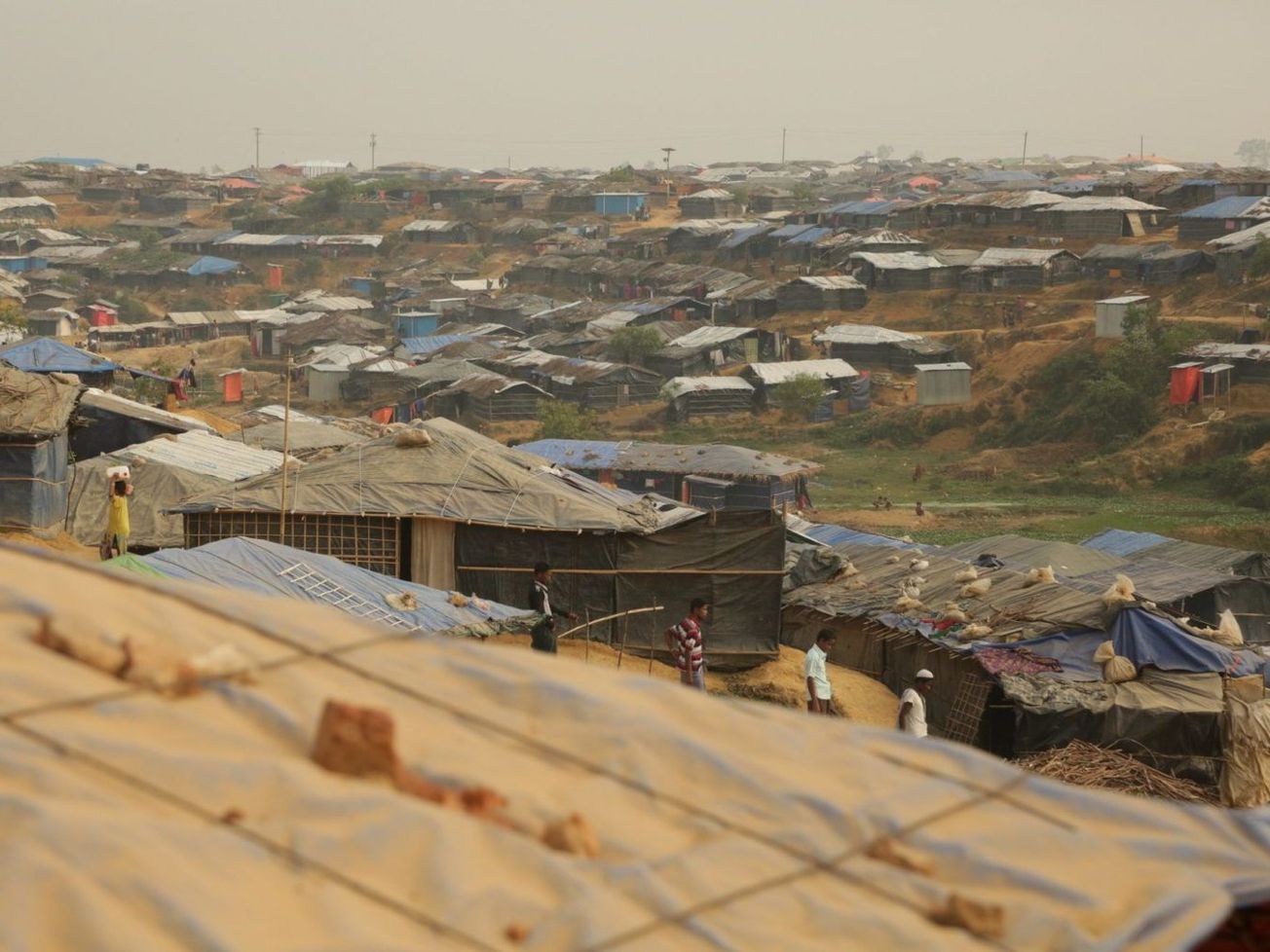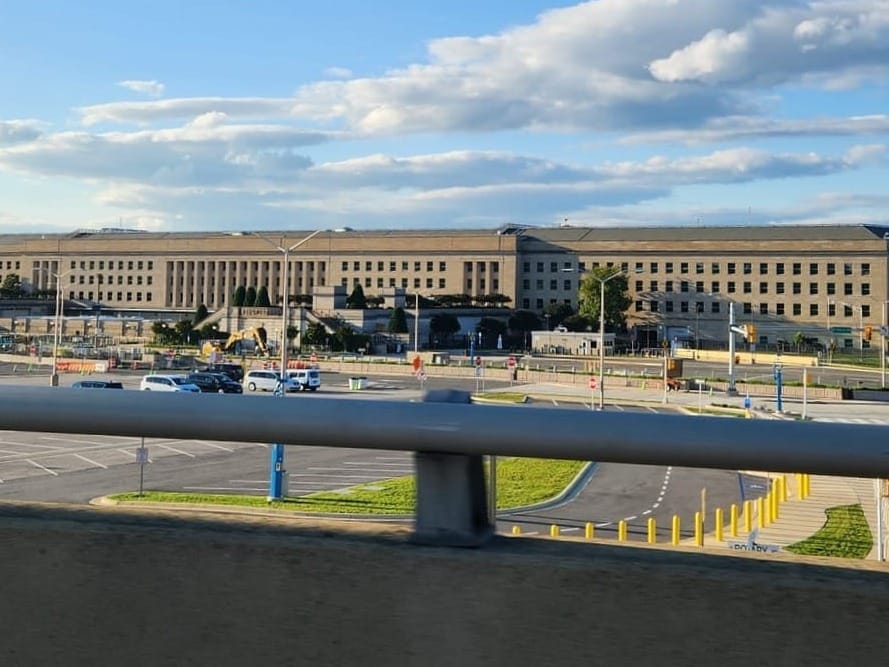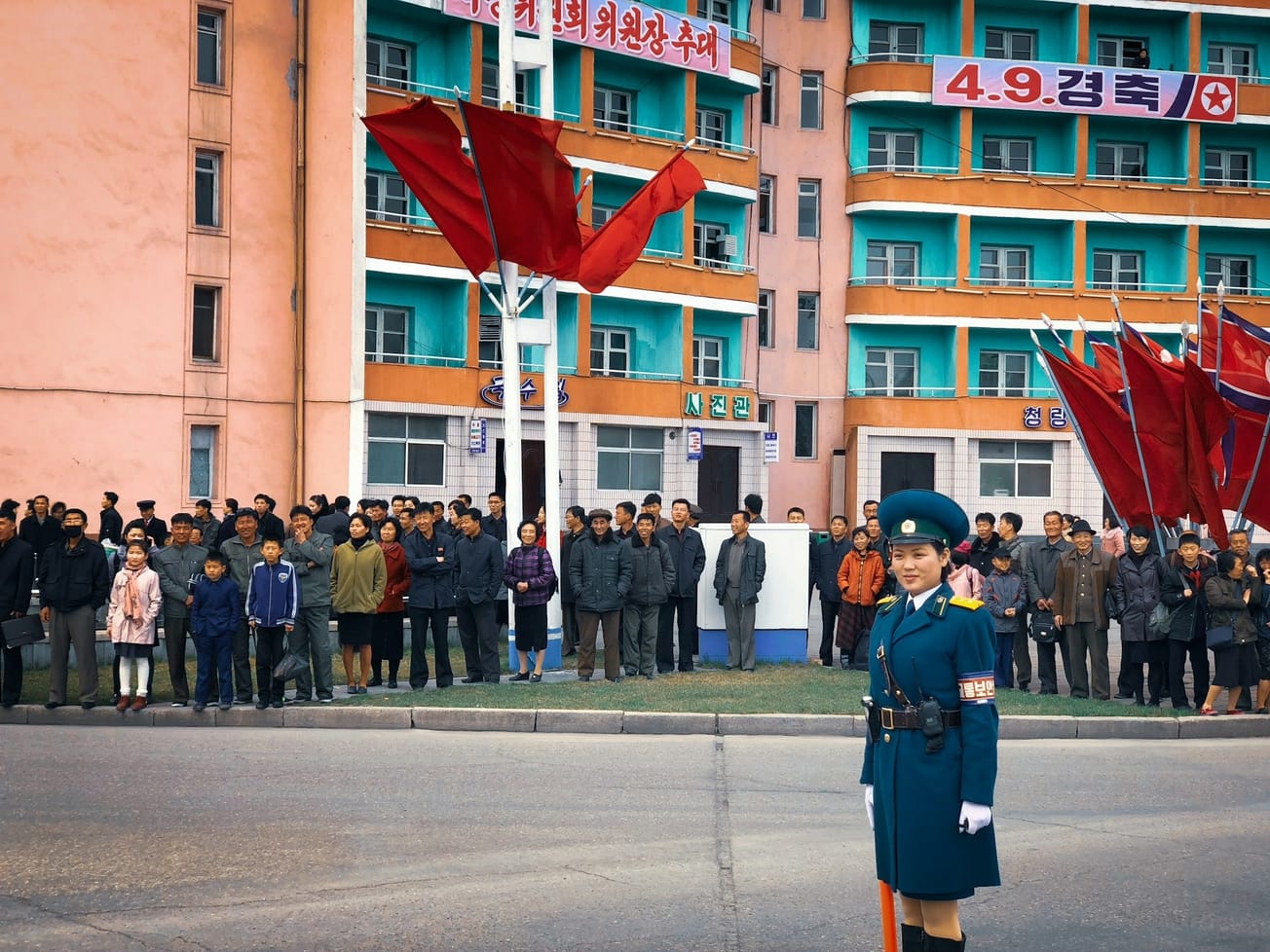GENEVA (AN) — A U.N. human rights investigator urged the world body on Wednesday to "step up its efforts" to protect ethnic and religious minorities from the Myanmar military's continuing war crimes and crimes against humanity.
Yanghee Lee, the United Nations special rapporteur on Myanmar, called for an investigation into allegations of "ongoing war crimes and crimes against humanity" by Myanmar’s armed forces, the Tatmadaw, in Rakhine and Chin states.







